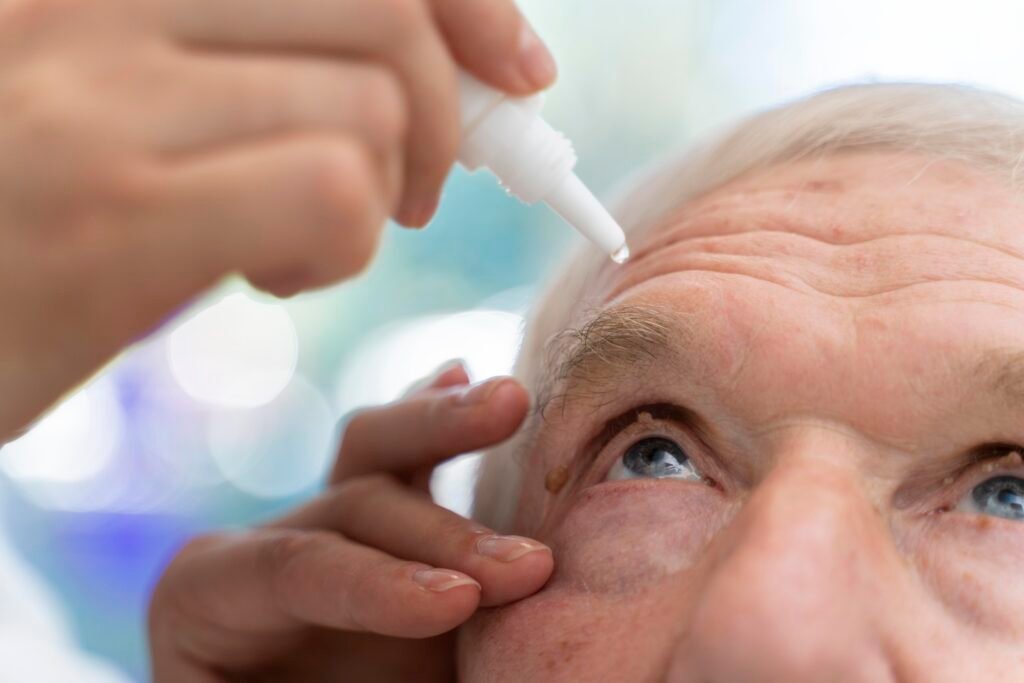Uveitis is the inflammation of the uvea, the middle layer of the eye that includes the iris, ciliary body, and choroid. It can also affect the retina, vitreous, and optic nerve. Uveitis is a serious condition that can cause pain, redness, blurred vision, and light sensitivity. If left untreated, it can lead to permanent vision loss.

Inflammatory eye diseases occur when the immune system mistakenly attacks healthy eye tissue. These conditions can be associated with autoimmune diseases, infections, or trauma. Inflammation damages delicate eye structures, leading to scarring, fluid buildup, and impaired vision. Prompt treatment is essential to control inflammation and preserve eyesight.
You may be at higher risk if you:
A complete evaluation is required to identify the cause and establish the best treatment plan.
Your consultation includes a detailed eye exam with slit-lamp evaluation, intraocular pressure testing, and retinal imaging (OCT, fluorescein angiography if needed). Blood tests may also be ordered to determine systemic associations. Our specialists work closely with rheumatologists and internists when systemic disease is suspected.

There is no specific preparation for an evaluation. However, it is important to provide your complete medical history, including systemic illnesses, infections, or medications you are taking. This information helps guide diagnosis and treatment.
Treatment depends on the cause and severity of inflammation. Options may include:
Corticosteroid eye drops or injections to quickly control inflammation.
Systemic immunosuppressive therapy for chronic or severe cases.
Antiviral, antibiotic, or antifungal medications if an infection is the underlying cause.
Biologic therapies for autoimmune-related inflammation.
Treatment is personalized and closely monitored to balance effectiveness with safety.
Entre los principales beneficios destacan:
Ocular inflammatory diseases often require ongoing monitoring, as flare-ups can occur. Regular follow-up visits allow the doctor to evaluate response to treatment, adjust medications, and prevent complications. Compliance with therapy and systemic disease management are key to long-term success.
Patients may need frequent checkups initially, followed by scheduled visits every few weeks or months, depending on disease activity. Imaging studies may be repeated to track inflammation levels and treatment response.
With proper treatment, inflammation can be controlled, but long-term monitoring is often necessary.
Eye pain, redness, sensitivity to light, floaters, and blurred vision.
Yes, it may be associated with systemic autoimmune conditions.
Yes, if untreated, it can lead to vision loss.
No, most therapies involve drops, oral medications, or painless injections.

Eye inflammation can threaten your vision if not treated promptly. At Punto Visión Monterrey, our specialists provide expert diagnosis and advanced treatment for uveitis and ocular inflammatory diseases.